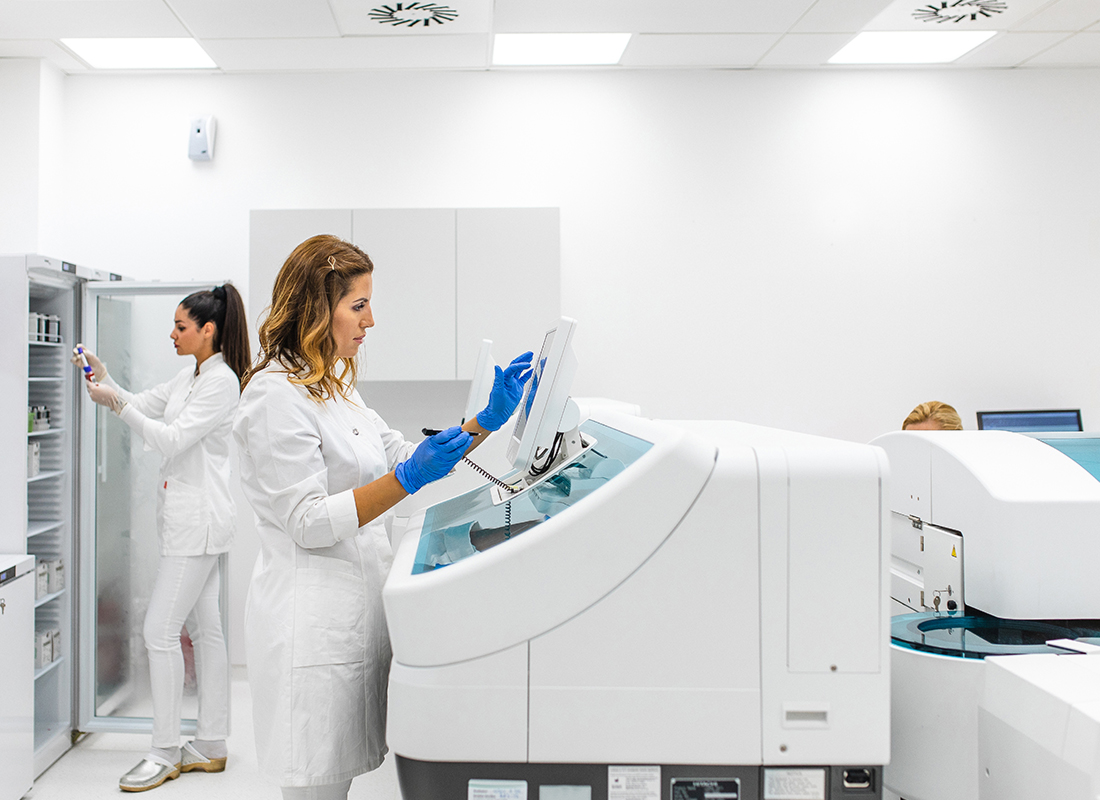4 Things to Know About the End of the COVID-19 PHE
The end of the COVID-19 public health emergency on May 11 also brings certain flexibilities for labs and other providers to an end.

On May 11, 2023, the COVID-19 Public Health Emergency (PHE) ended, which has significant implications for healthcare providers, including clinical laboratories. During the PHE, a variety of emergency waivers and flexibilities were implemented to address concerns presented by the pandemic. Laboratories should be aware and have plans to address the changes the PHE termination brings. Here are four important changes:
1. End of HIPAA Flexibilities
The federal Office for Civil Rights (OCR) confirmed that various Notifications of Enforcement Discretion issued under the Health Insurance Portability and Accountability Act of 1996 (HIPAA) expired at the end of the PHE.1 OCR will no longer exercise enforcement discretion of not imposing penalties on covered entities and business associates, (i) for their use and disclosure of protected health information (PHI) for public health and health oversight activities under 45 CFR 164.502(a)(3), 45 CFR 164.502(e)(2), 45 CFR 164.504(e)(1), and (5) if certain parameters were met; (ii) “in connection with the good faith participation in the operation of COVID-19 specimen collection and testing sites” in the community.
2. COVID-19 Testing
a. Price Transparency for COVID–19 Testing. The Interim Final Rule with Comment Period issued on October 28, 2020, required laboratories to publicly post the cash price for tests on their websites, or to provide such information in writing with signage.2 Laboratories were subject to the imposition of civil monetary penalties for failure to comply. This requirement has now ended.
b. COVID-19 Tests Must be Ordered by a Provider if billed to Medicare. Under the Emergency Interim Final Rule, CMS-3401-IFC, the Centers for Medicare & Medicaid Services (CMS) relaxed the requirement that an initial COVID-19 test did not have to be ordered by a provider if it was being billed to Medicare. This flexibility has ended, and Medicare will require that all COVID-19 testing be ordered by an authorized provider.
c. Higher Payment Rates Ending. At the end of the PHE, the higher payment rates for high throughput technologies ended and all rates have reverted to the Clinical Laboratory Fee Schedule.
d. Commercial Insurer Coverage for COVID-19 without Cost-Sharing. With the termination of the PHE, commercial insurance companies are no longer mandated to cover COVID-19 tests without cost sharing.
e. Data Reporting. Now that the PHE has ended, the U.S. Department of Health and Human Services (HHS) no longer has the authority to require the myriad data surveillance reporting requirements and lab test results for COVID-19. Laboratories are still subject to state requirements.
3. Stark Law and Anti-Kickback Waivers
CMS issued blanket waivers for certain provisions under the Stark Law and Anti-Kickback Statute on March 30, 2020, if related to the COVID-19 emergency. These blanket waivers ended at the termination of the PHE. Such waivers included the ability of group practices to offer clinical laboratory services from mobile vans in parking lots that were rented on a part-time basis, or providers offering free or below fair market value rent for certain office space or equipment. Such waivers are no longer applicable, and all providers must now comply with the Stark Law.
4. Remote Review of Laboratory Data and Pathology Digital Reads
Despite the ending of the PHE, CMS intends to extend its enforcement discretion to facilitate remote reads by pathologists without a separate Clinical Laboratory Improvement Amendments (CLIA) certificate.1 Remote reads, in general, are being reviewed by the Clinical Laboratory Improvement Advisory Committee (CLIAC) but, currently, the end of the PHE does not require laboratories to adjust to this new practice.
As the PHE terminates and the pandemic-era flexibilities come to an end, laboratories should review their current policies and procedures and take appropriate steps to implement compliance.
References:
- https://public-inspection.federalregister.gov/2023-07824.pdf
- https://www.cms.gov/files/document/covid-vax-ifc-4.pdf
________________________________________________________________________________________________________________________________________
Danielle H. Tangorre, partner at Robinson+Cole, represents and advises a broad range of healthcare providers, including clinical laboratories and hospitals, on operational and compliance issues, federal and state fraud and abuse laws, other regulatory matters, and business transactions. Danielle completed a Clinical Ethics Fellowship at the Alden March Bioethics Institute at Albany Medical Center after obtaining an MS in Bioethics at Albany Medical Center, while concurrently completing law school at Albany Law School of Union University.
Subscribe to view Essential
Start a Free Trial for immediate access to this article